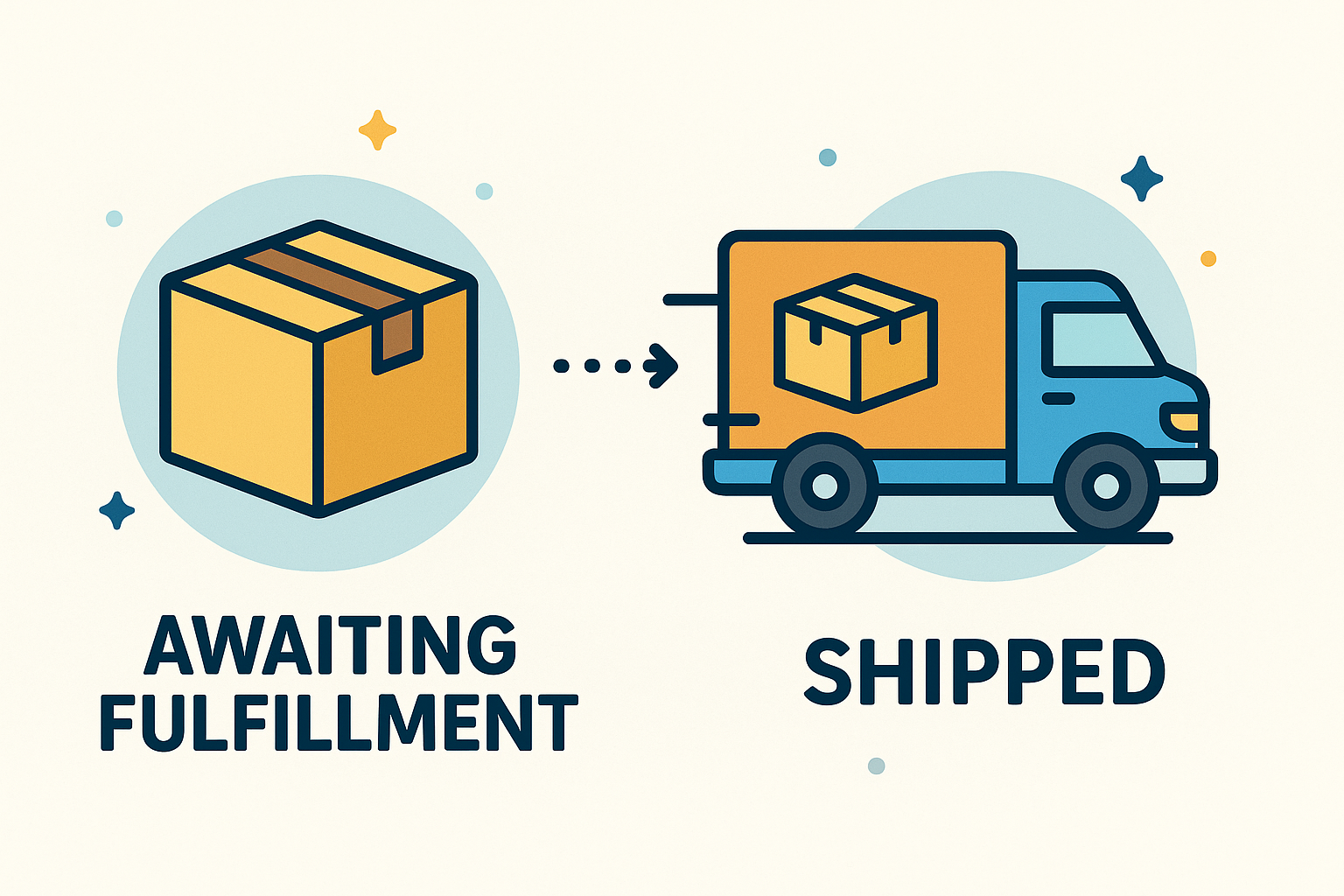You’re probably wondering why the CPA designation holds so much weight. It’s simple. A CPA, or Certified Public Accountant, is more than just a title. It signifies expert knowledge in accounting and tax matters. Think of it as a stamp of trust. When it comes to small business tax preparation in Manhattan, having a CPA offers confidence and peace of mind. You know your finances are handled with care. CPAs undergo rigorous testing and continuous education. They stay updated on ever-changing tax laws. This means you’re not just filing taxes. You’re optimizing your financial strategy. For small businesses, this can be the difference between thriving and just getting by. You gain a partner dedicated to your success. When you choose a CPA, you’re choosing a future with fewer financial hurdles. Make it count.
Table of Contents
What Sets CPAs Apart?
Many people wonder how CPAs are different from regular accountants. The answer lies in the training and certification. CPAs must pass a demanding exam, which covers a wide range of topics in accounting and tax law. This exam ensures that CPAs have the skills and knowledge needed for the job. Additionally, CPAs must complete continuing education requirements to maintain their license. These requirements ensure that CPAs stay informed on the latest developments in tax laws and accounting practices.
The CPA Exam: A Challenge Worth Taking
Becoming a CPA is not easy. The CPA exam is known for its difficulty. It requires a strong understanding of accounting principles and tax regulations. However, passing this exam is a significant achievement. Here is a brief overview of the CPA exam structure:
| Section | Description |
| Auditing and Attestation (AUD) | Covers standards related to audits, reviews, and evaluations |
| Business Environment and Concepts (BEC) | Focuses on general business concepts and international business |
| Financial Accounting and Reporting (FAR) | Includes financial statement preparation and reporting |
| Regulation (REG) | Deals with ethics, federal taxation, and business law |
CPAs often find that the effort put into passing the exam pays off. Clients trust them with complex financial tasks. Moreover, CPAs enjoy diverse career opportunities, from public accounting to corporate finance.
CPAs and Financial Planning
CPAs are not just about taxes. They play a role in financial planning as well. A CPA can help you set financial goals. They can assist in creating a plan to achieve those goals. This includes budgeting, saving, and investing effectively.
Who Benefits Most from Hiring a CPA?
Almost everyone can benefit from hiring a CPA. However, certain groups find CPAs especially beneficial:
- Small Businesses: Small businesses need accurate financial records. CPAs help ensure these records are maintained. They also help with strategic planning and growth.
- Individuals with Complex Taxes: If you have investments, own property, or run a business, a CPA can simplify your tax situation. They can identify deductions and credits you may not know about.
- Non-Profit Organizations: Non-profits face unique accounting challenges. CPAs help manage finances while ensuring compliance with regulations.
Resources for Aspiring CPAs
If you’re considering becoming a CPA, there are resources available to help you on your journey. The American Institute of CPAs provides guidance on the steps needed to obtain certification. Additionally, the National Association of State Boards of Accountancy offers information on exam requirements and testing centers.
Conclusion
In summary, the CPA designation is more than a title. It is a testament to expertise and trustworthiness in financial matters. Whether you’re a small business owner or an individual with complex financial needs, a CPA can make a significant difference. They offer guidance, ensure compliance, and help you plan for the future. Consider hiring a CPA to navigate the complexities of accounting and tax preparation with confidence. You can rest easy knowing your financial matters are in capable hands.












